Home>Home Appliances>Laundry Appliances>How To Remove Stains From The Washing Machine
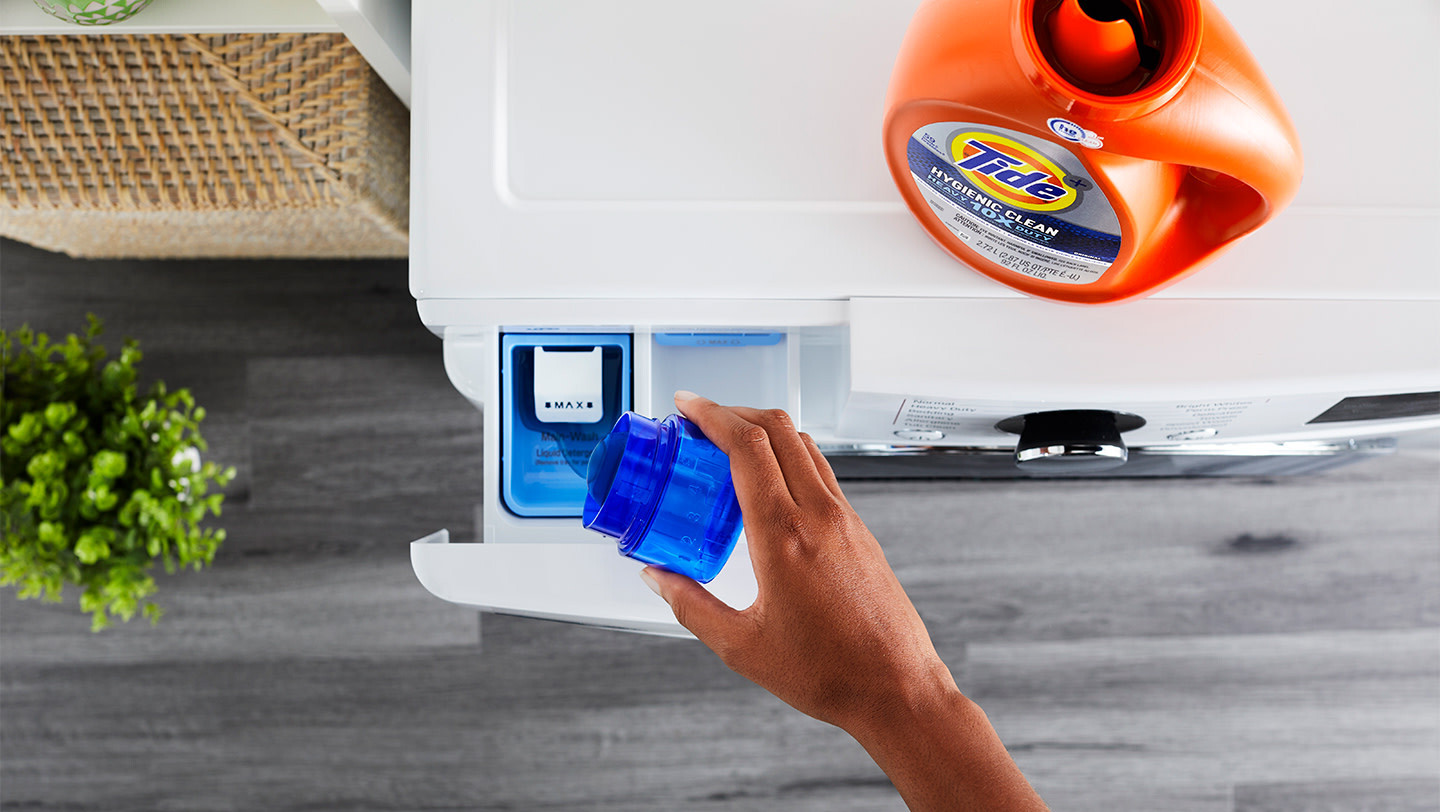

Laundry Appliances
How To Remove Stains From The Washing Machine
Published: February 23, 2024
Learn effective techniques for removing stains from your laundry appliances with our comprehensive guide. Keep your washing machine looking and functioning like new!
(Many of the links in this article redirect to a specific reviewed product. Your purchase of these products through affiliate links helps to generate commission for Storables.com, at no extra cost. Learn more)
Common Causes of Stains in the Washing Machine
-
Residual Detergent: Over time, detergent residue can accumulate in the washing machine, leading to unsightly stains on your clothes. This residue is often caused by using too much detergent or using a low-quality detergent that doesn't dissolve completely during the wash cycle.
-
Hard Water Deposits: If your area has hard water, mineral deposits can build up in your washing machine, resulting in stains on your laundry. These deposits are caused by the high concentration of minerals, such as calcium and magnesium, in the water supply.
-
Mold and Mildew: The warm, damp environment inside the washing machine provides the perfect breeding ground for mold and mildew. These fungi can leave dark, musty stains on your clothes, especially if the washing machine is not properly ventilated or if the door is kept closed when not in use.
-
Rust and Corrosion: If your washing machine's drum or other components are made of metal, they can be susceptible to rust and corrosion over time. This can result in reddish-brown stains on your clothes, indicating that the metal parts of the machine are deteriorating.
-
Fabric Softener Build-Up: While fabric softener is designed to make your clothes feel softer and smell fresher, it can also leave behind a sticky residue in the washing machine. This residue can lead to stains on your laundry, especially if it accumulates over multiple wash cycles.
Understanding the common causes of stains in the washing machine is the first step toward effectively addressing this issue. By identifying the source of the problem, you can take targeted measures to remove the stains and prevent them from recurring in the future.
Key Takeaways:
- Say goodbye to washing machine stains! Use natural remedies like vinegar and baking soda, or opt for commercial cleaners to keep your machine spotless and your laundry fresh.
- Keep your washing machine clean and stain-free by using the right detergent, regular maintenance, addressing hard water issues, proper ventilation, and mindful use of fabric softener.
Read more: How To Remove Agitator From Kenmore Washer
Natural Methods for Removing Stains
When it comes to tackling stains in your washing machine, natural methods can be highly effective and environmentally friendly. These approaches not only help in removing the existing stains but also contribute to maintaining the overall cleanliness of your appliance. Here are some natural methods that you can employ to combat stains in your washing machine:
1. Vinegar Solution
Vinegar is a versatile household ingredient that can work wonders in removing stains from your washing machine. Its acidic nature helps dissolve mineral deposits and detergent residue. To utilize this method, simply mix equal parts of white vinegar and water and pour the solution into the detergent dispenser. Run a hot water cycle without any laundry, allowing the vinegar solution to thoroughly clean the interior of the machine.
2. Baking Soda Scrub
Baking soda is renowned for its gentle abrasive properties, making it an excellent natural cleaner for removing stains in the washing machine. Create a paste by mixing baking soda with a small amount of water, and then apply it to the stained areas of the machine's drum. Let the paste sit for a few minutes before scrubbing the affected areas with a soft brush. Afterward, run a rinse cycle to remove any residual baking soda.
3. Lemon Juice Freshener
Lemon juice not only imparts a refreshing scent but also serves as a natural stain remover and disinfectant. Squeeze the juice of one or two lemons and add it to the detergent compartment. Run a hot water cycle to allow the citric acid in the lemon juice to break down stains and eliminate any lingering odors in the washing machine.
Read more: How To Remove Agitator From Ge Washer
4. Essential Oils
Certain essential oils, such as tea tree oil and lavender oil, possess antimicrobial properties that can help combat mold and mildew stains in the washing machine. Add a few drops of your preferred essential oil to a damp cloth and wipe down the interior surfaces of the machine. Additionally, you can add a few drops of essential oil to a load of laundry to impart a pleasant fragrance while inhibiting the growth of mold and mildew.
By incorporating these natural methods into your laundry routine, you can effectively remove stains from your washing machine while minimizing the use of harsh chemicals. These approaches not only promote a cleaner and fresher laundry experience but also contribute to the longevity of your appliance.
Using Commercial Cleaners to Remove Stains
In addition to natural remedies, commercial cleaners specifically formulated for washing machines can be highly effective in removing stubborn stains and maintaining the appliance's cleanliness. These products are designed to target various types of stains and buildup, providing a convenient and potent solution for restoring the washing machine's pristine condition.
When selecting a commercial cleaner for your washing machine, it's essential to choose a product that aligns with the specific issues you are encountering. Here are some popular types of commercial cleaners and their respective benefits:
-
Limescale and Detergent Removers: These cleaners are tailored to dissolve limescale and break down detergent residue that can accumulate in the washing machine. By using these products, you can effectively eliminate stubborn stains caused by hard water deposits and detergent buildup, thereby enhancing the machine's performance and the cleanliness of your laundry.
-
Mold and Mildew Cleaners: Commercial cleaners designed to combat mold and mildew are invaluable for addressing musty odors and unsightly stains in the washing machine. These products contain powerful antimicrobial agents that target fungal growth, ensuring a hygienic and odor-free interior.
-
Rust and Corrosion Treatments: For washing machines with metal components susceptible to rust and corrosion, specialized cleaners can help inhibit further deterioration and remove existing rust stains. By applying these treatments, you can safeguard the longevity of your appliance and prevent rust-related blemishes on your clothes.
-
Multi-Purpose Washing Machine Cleaners: Some commercial cleaners are formulated to provide comprehensive cleaning and maintenance for washing machines. These all-in-one solutions often target a range of issues, including odor elimination, stain removal, and limescale prevention, offering a convenient and efficient approach to keeping your appliance in top condition.
When using commercial cleaners, it's crucial to follow the manufacturer's instructions to ensure safe and effective application. Additionally, consider the compatibility of the cleaner with your specific washing machine model to avoid any potential damage or adverse reactions.
By incorporating commercial cleaners into your cleaning regimen, you can effectively address persistent stains and maintenance challenges, contributing to a hygienic, odor-free, and visually appealing washing machine. These products serve as valuable allies in upholding the cleanliness and functionality of your appliance, ultimately enhancing the quality of your laundry care routine.
Preventing Future Stains in the Washing Machine
Preventing future stains in the washing machine is essential for maintaining the cleanliness of your laundry and the longevity of your appliance. By implementing proactive measures and adopting good laundry practices, you can effectively minimize the occurrence of stains and ensure that your washing machine operates optimally. Here are several strategies to prevent future stains in the washing machine:
1. Proper Detergent Usage
Using the appropriate amount of high-quality detergent is crucial for preventing residue buildup and stains in the washing machine. Follow the manufacturer's guidelines regarding detergent dosage, taking into account factors such as water hardness and load size. Avoid overloading the machine with excessive detergent, as this can lead to soap scum accumulation and subsequent staining on your clothes.
Read more: How To Remove Scrud From A Washing Machine
2. Regular Cleaning and Maintenance
Establish a routine for cleaning and maintaining your washing machine to prevent the accumulation of mold, mildew, and mineral deposits. Periodically clean the detergent dispenser, rubber door seal, and drum to remove any residue or debris. Additionally, consider running a maintenance wash with hot water and vinegar or a specialized washing machine cleaner to keep the interior surfaces free from stains and odors.
3. Addressing Hard Water Issues
If your area has hard water, consider installing a water softener or using a water softening agent to reduce the mineral content in the water. By minimizing the presence of calcium and magnesium, you can prevent the formation of limescale deposits in the washing machine, thereby reducing the likelihood of stains on your laundry.
4. Proper Ventilation and Drying
After completing a laundry cycle, leave the washing machine door ajar to allow for adequate ventilation and drying of the interior. This practice helps prevent the growth of mold and mildew, which can lead to persistent stains and unpleasant odors. Additionally, promptly remove damp laundry from the machine to prevent the development of musty odors and potential mold-related stains.
5. Using Fabric Softener Wisely
While fabric softener can impart a pleasant scent and softness to your clothes, it's important to use it judiciously to avoid buildup in the washing machine. Follow the recommended dosage for fabric softener and consider using alternatives such as dryer balls or dryer sheets to achieve the desired softness without leaving behind residue that can contribute to staining.
By incorporating these preventive measures into your laundry routine, you can significantly reduce the likelihood of stains in your washing machine, ensuring that your appliance remains clean, efficient, and conducive to maintaining the freshness and quality of your laundry.
Frequently Asked Questions about How To Remove Stains From The Washing Machine
Was this page helpful?
At Storables.com, we guarantee accurate and reliable information. Our content, validated by Expert Board Contributors, is crafted following stringent Editorial Policies. We're committed to providing you with well-researched, expert-backed insights for all your informational needs.
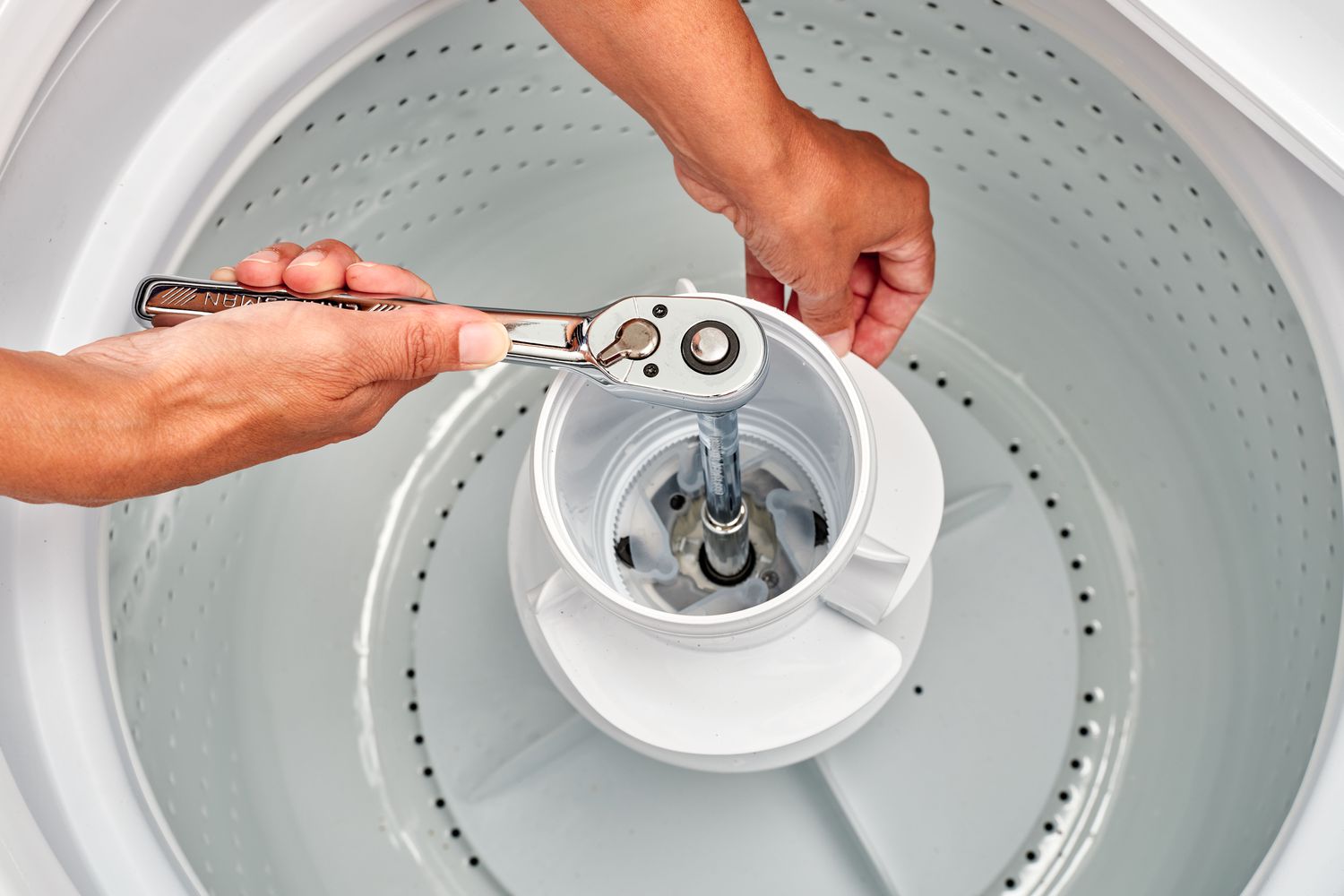
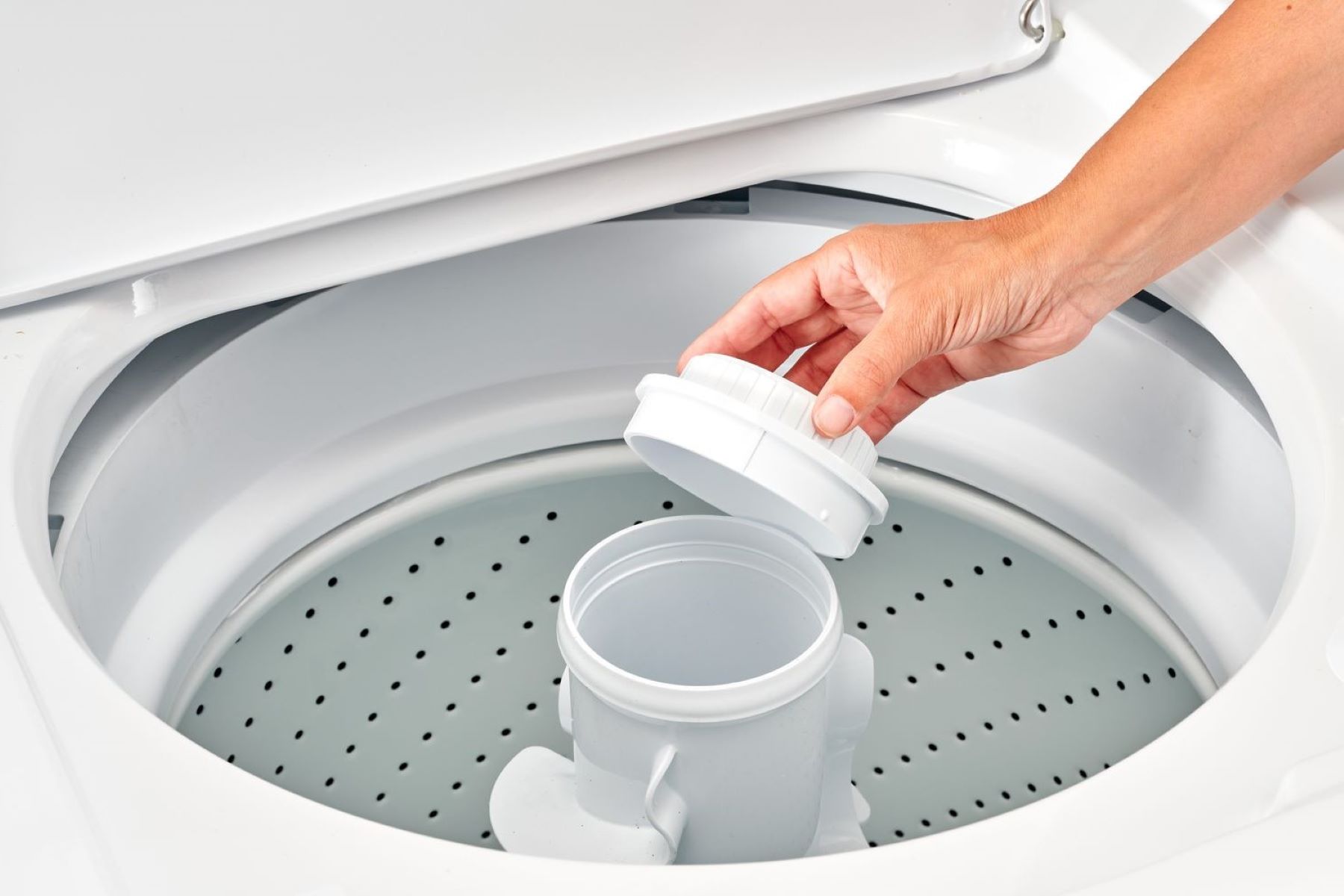
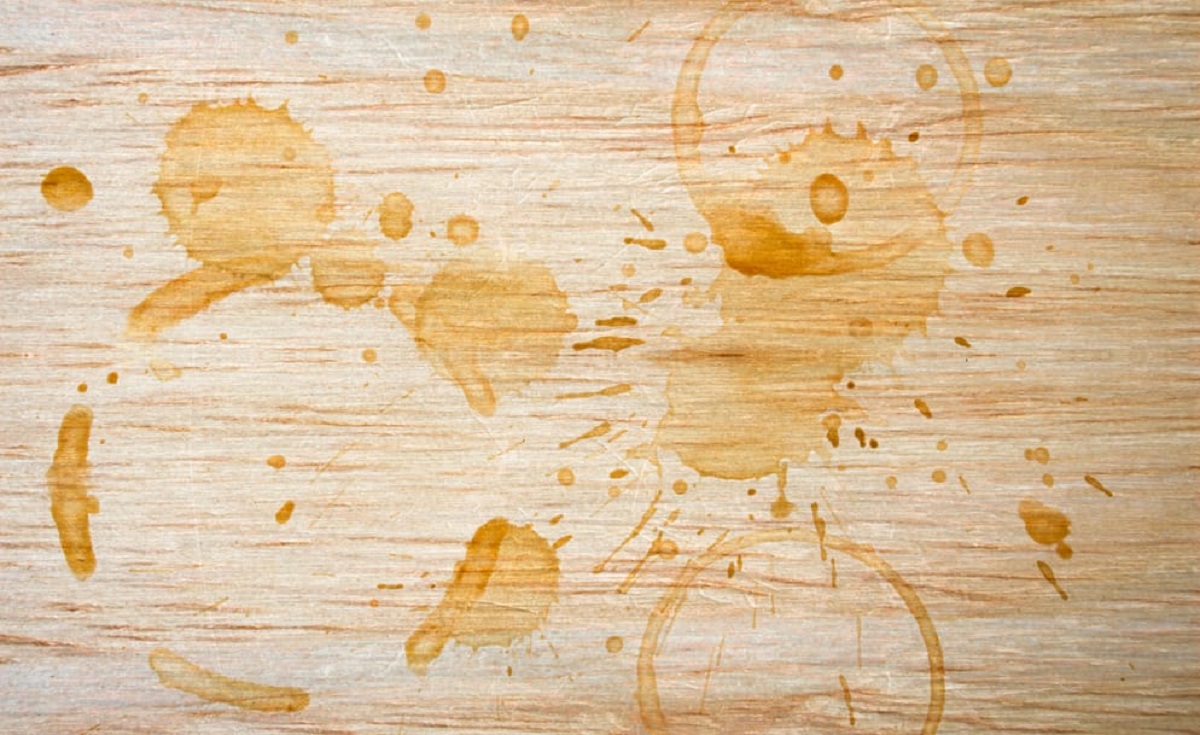


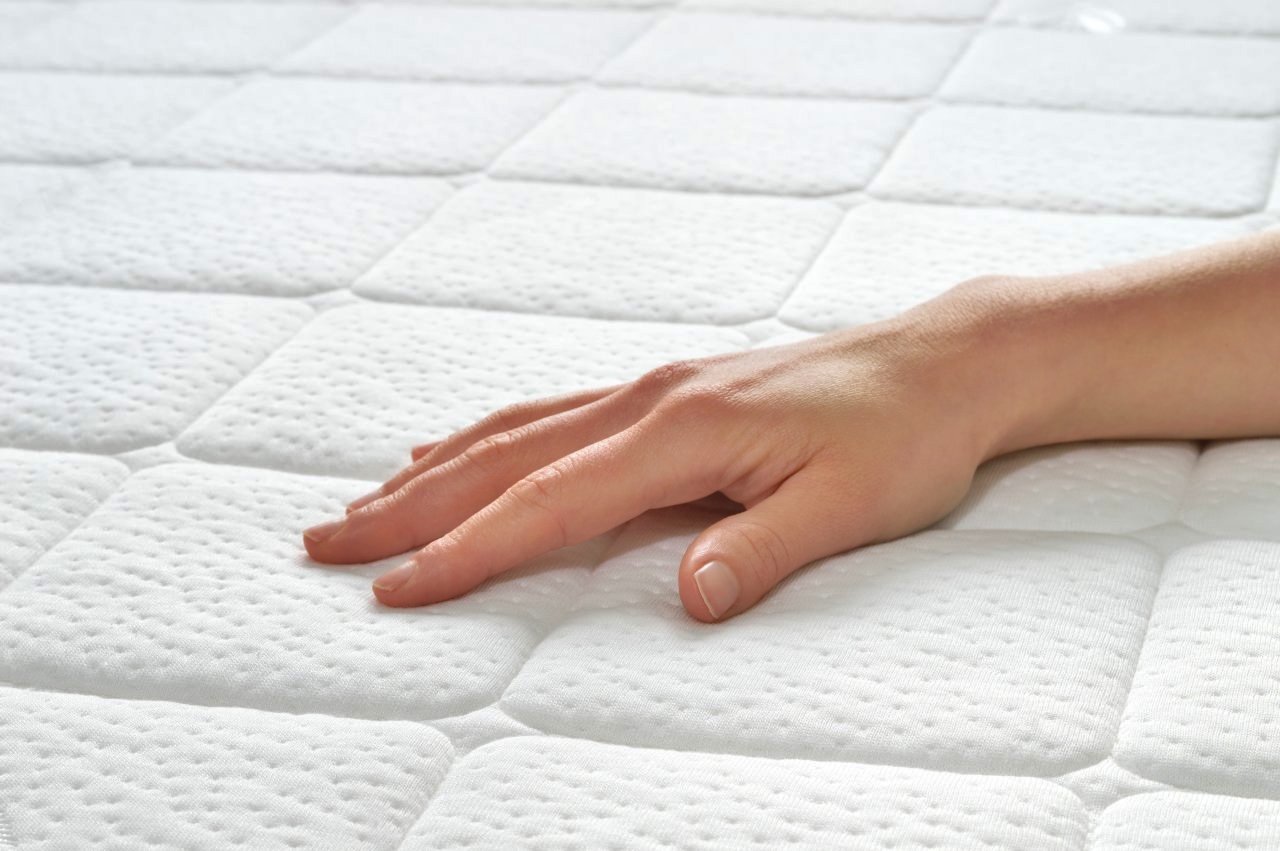
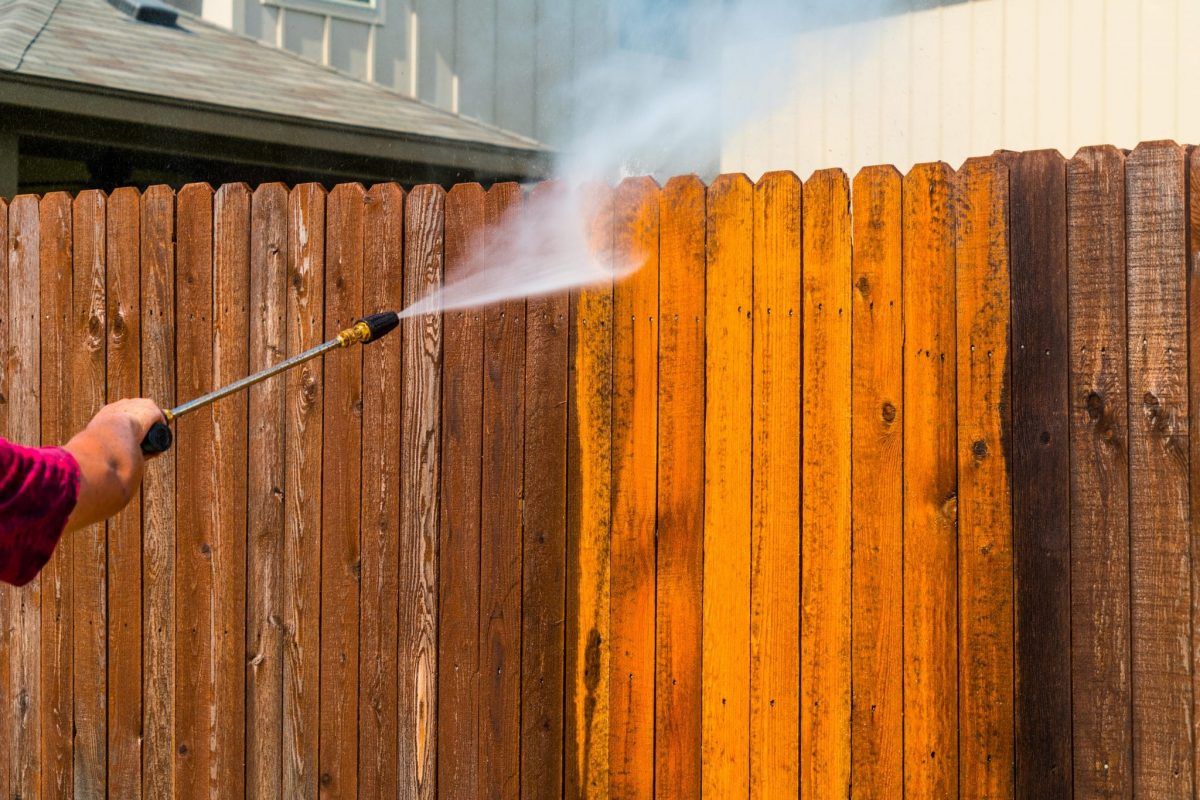
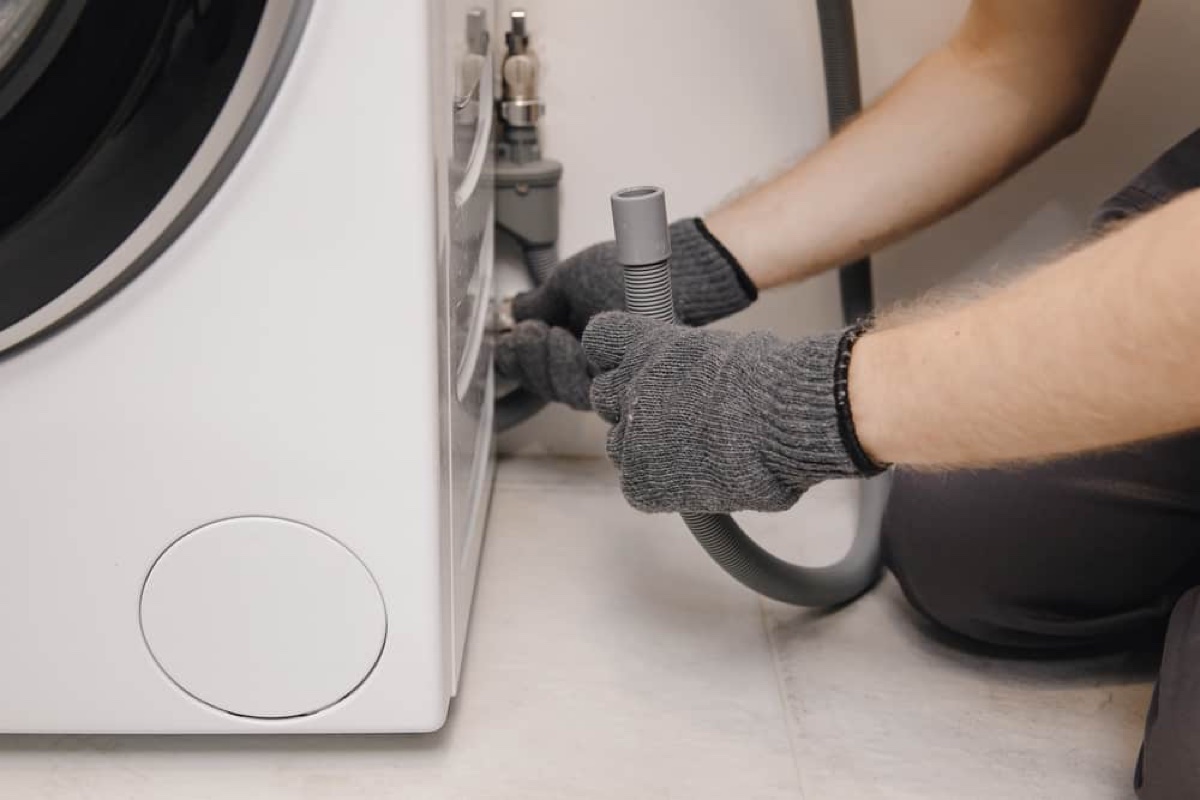
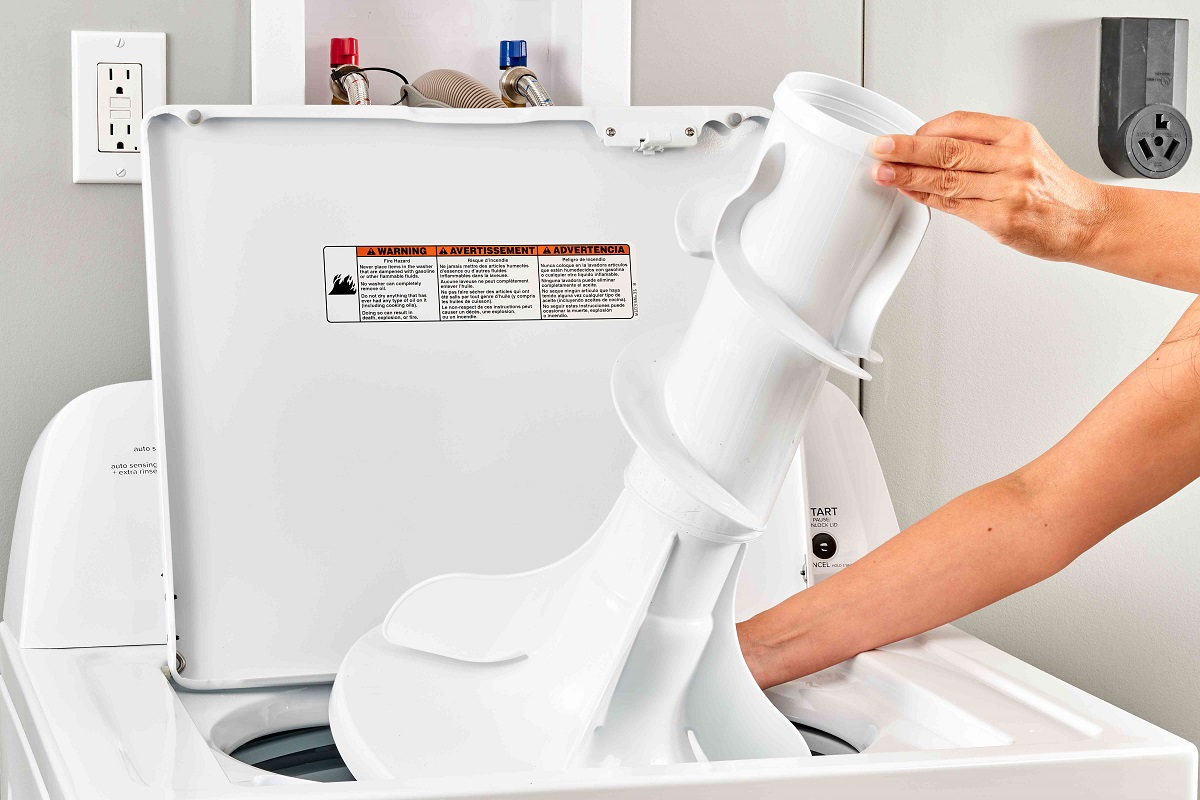
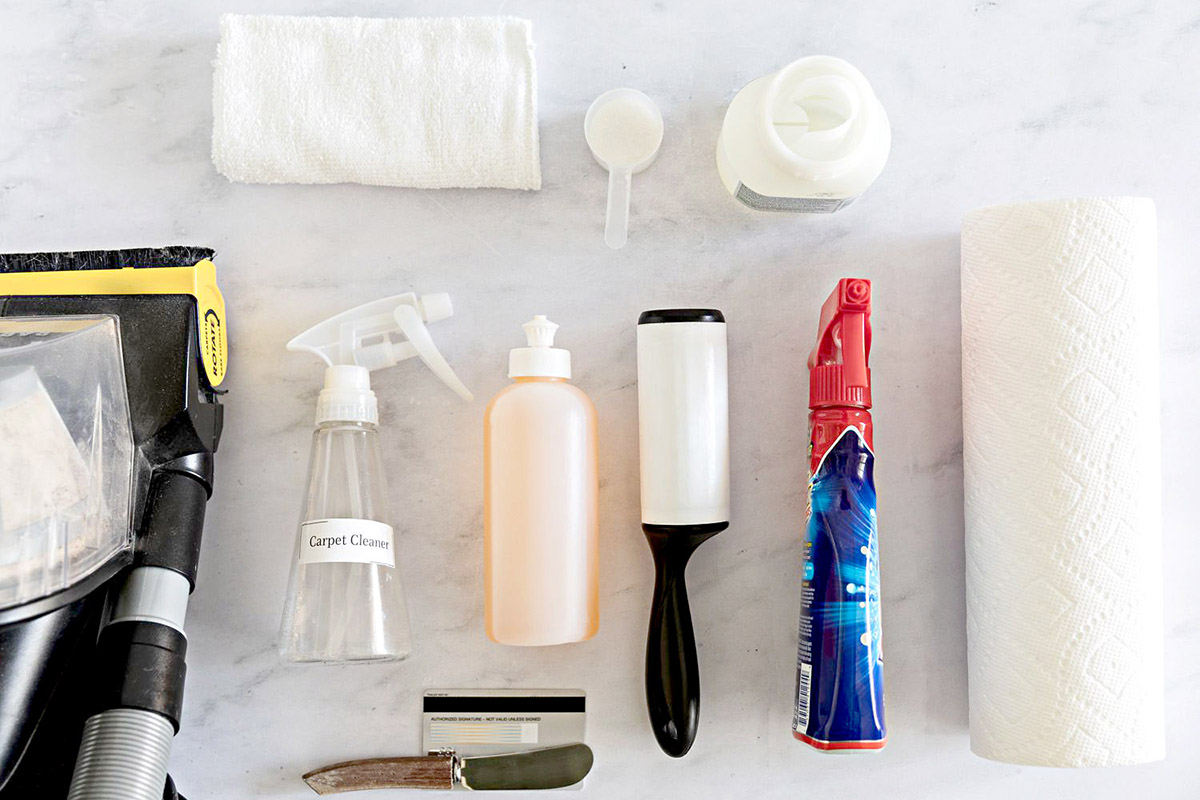
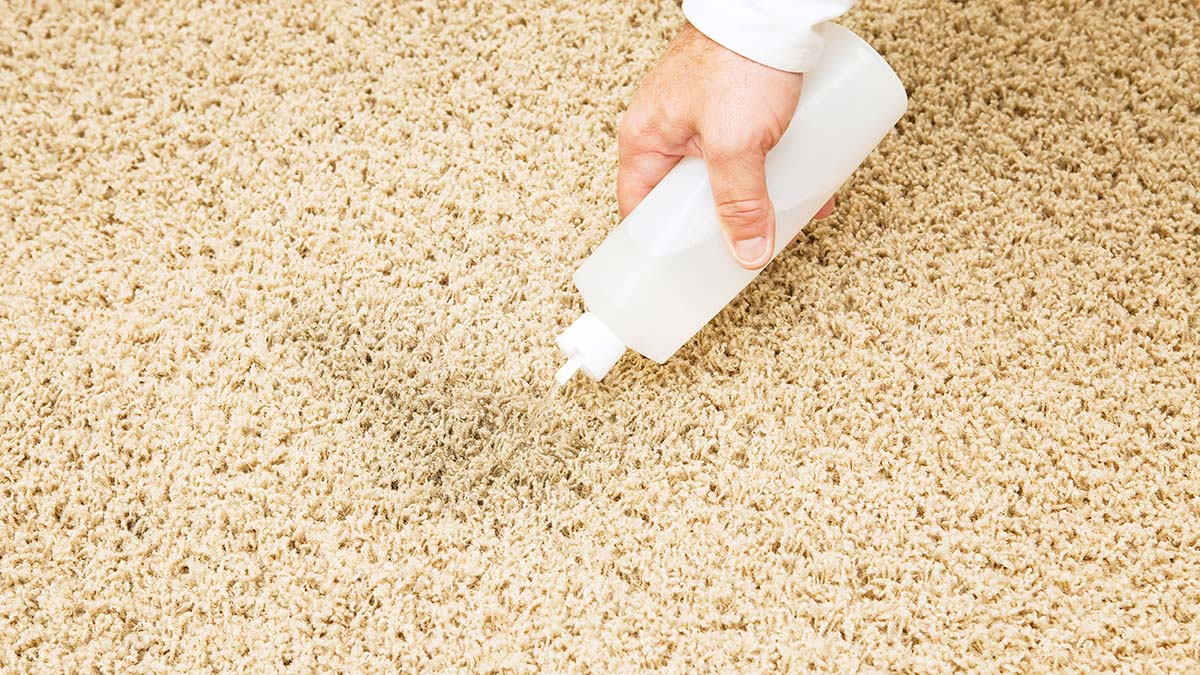
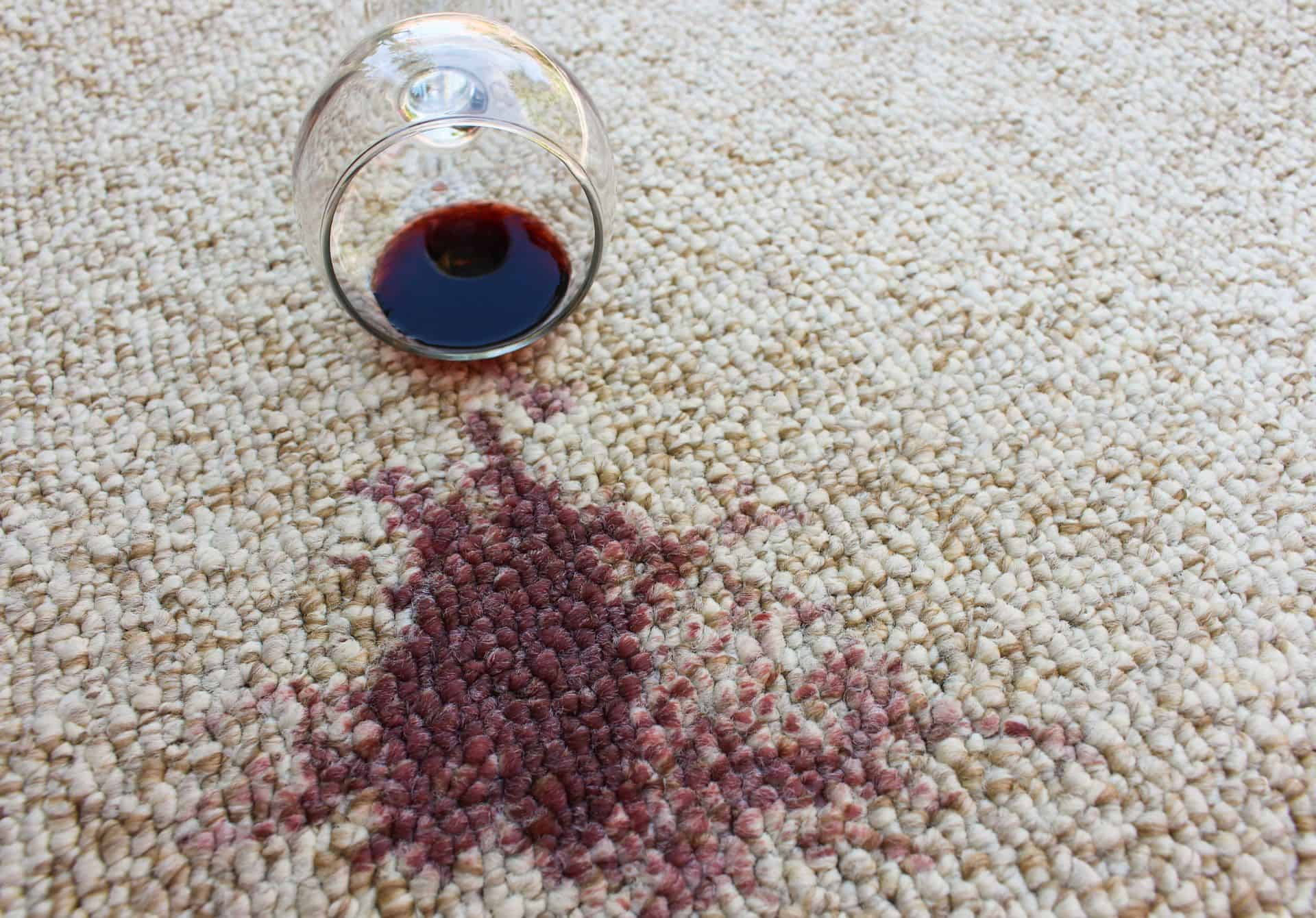
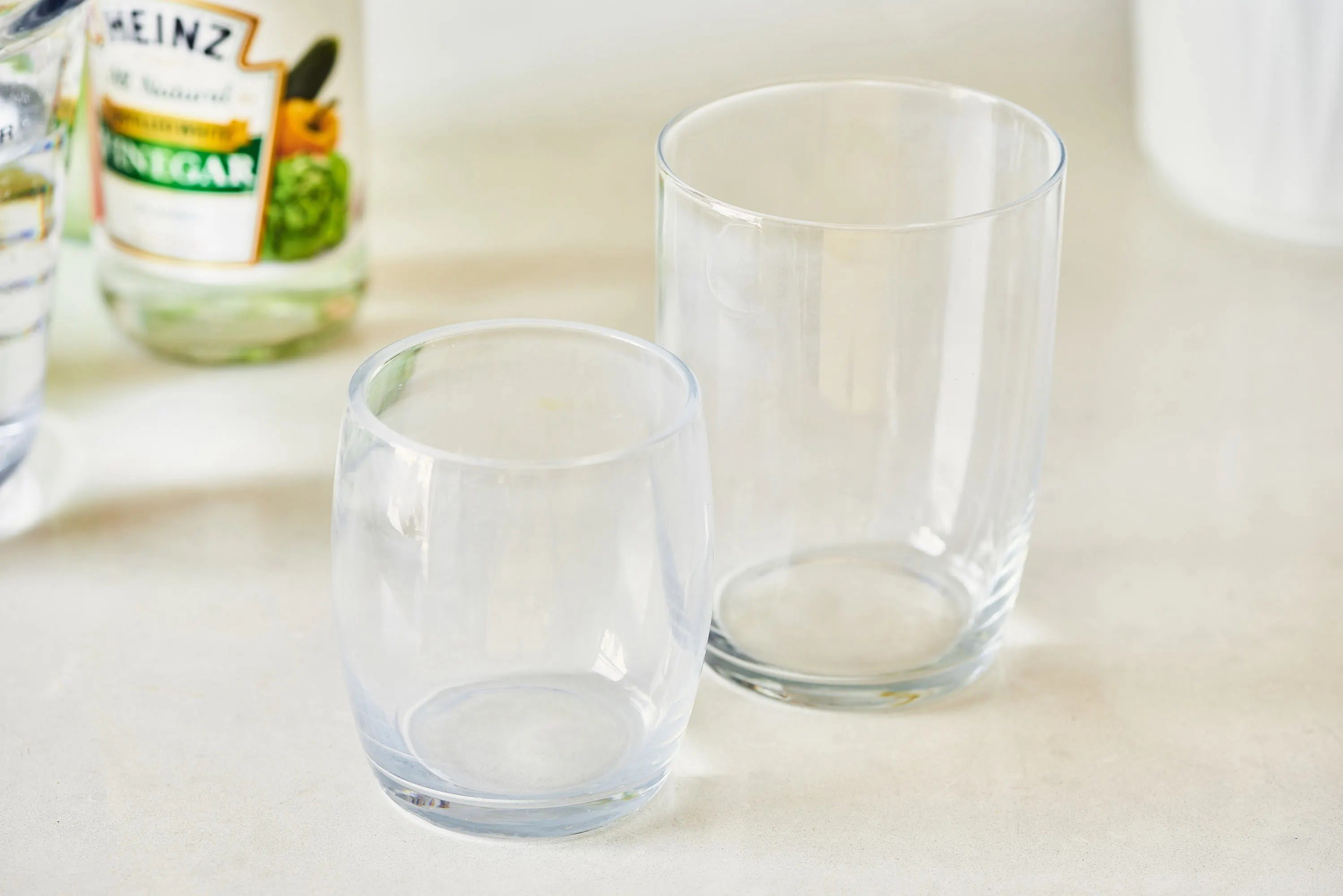

0 thoughts on “How To Remove Stains From The Washing Machine”